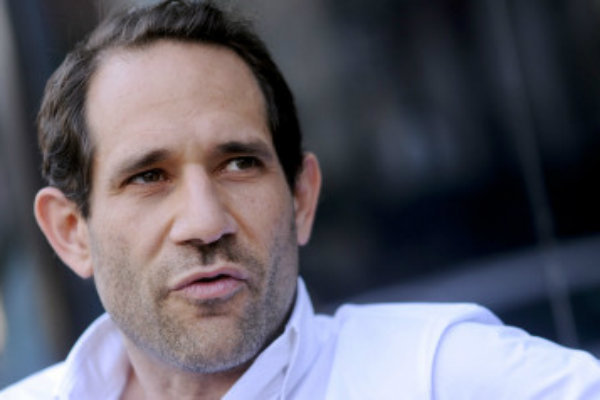American Apparel’s ousted founder and former Chief Exec Dov Charney was due to take the stand in Bankruptcy Court on Wednesday in a final attempt to regain control of the struggling fashion chain from a group of hedge funds. He is expected to testify today instead.
The peppy retailer filed for bankruptcy in October, weighed down by debt, excess inventory and millions of dollars in legal claims tied to Charney.
American Apparel wants approval for a plan that will bring the company out of bankruptcy under the control of hedge fund investors, including Standard General and Monarch Alternative Capital.
Last week the company’s board rejected a $300m takeover approach involving Charney and investors Hagan Capital Group.
US Bankruptcy Judge Brendan Shannon in Wilmington, Delaware must decide if the hedge fund-backed plan, which has the backing of a committee of the company’s creditors, is fair and feasible.
Charney has filed the main objection, and the company’s controversial founder plans to call himself as a witness, according to court documents seen by Reuters.
Hagan told Reuters on Tuesday the bid, which contemplates re-installing Charney as CEO, is still alive, even though American Apparel failed to provide his group with important documents such as quarterly accounts.
American Apparel, which not been profitable since 2009. Current CEO Paula Schneider is working hard to reverse the negative connotations around the brand, which Charney imposed with his controversial, and mostly sexual, ad campaigns.
The Hagan group favours returning Charney to the company.
Schneider testified Wednesday that the board decided to reject the $300m offer because its creditors didn’t support it and it would also saddle the company with additional debt.
Schneider said the company could be dragged into lengthy lawsuits if the takeover offer was accepted, but it is understood that Charney’s lawyer questioned the review of the bid by Moelis, an investment bank that American Apparel hired to look at its strategic options.
She also said that American Apparel needed a strong hand when she came aboard, lacking a more typical corporate structure or chain of command, according to media reports. She further said that more than 70 people reported directly to Charney.
“I’m anxious,” Charney told Reuters on Wednesday. “I put a lot of years into this company.”


















